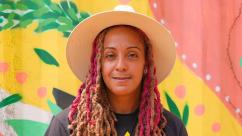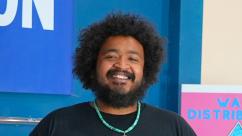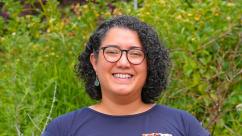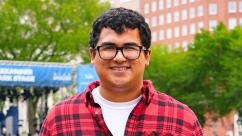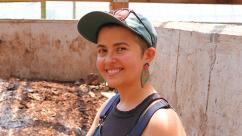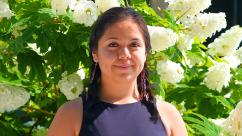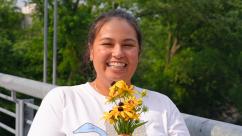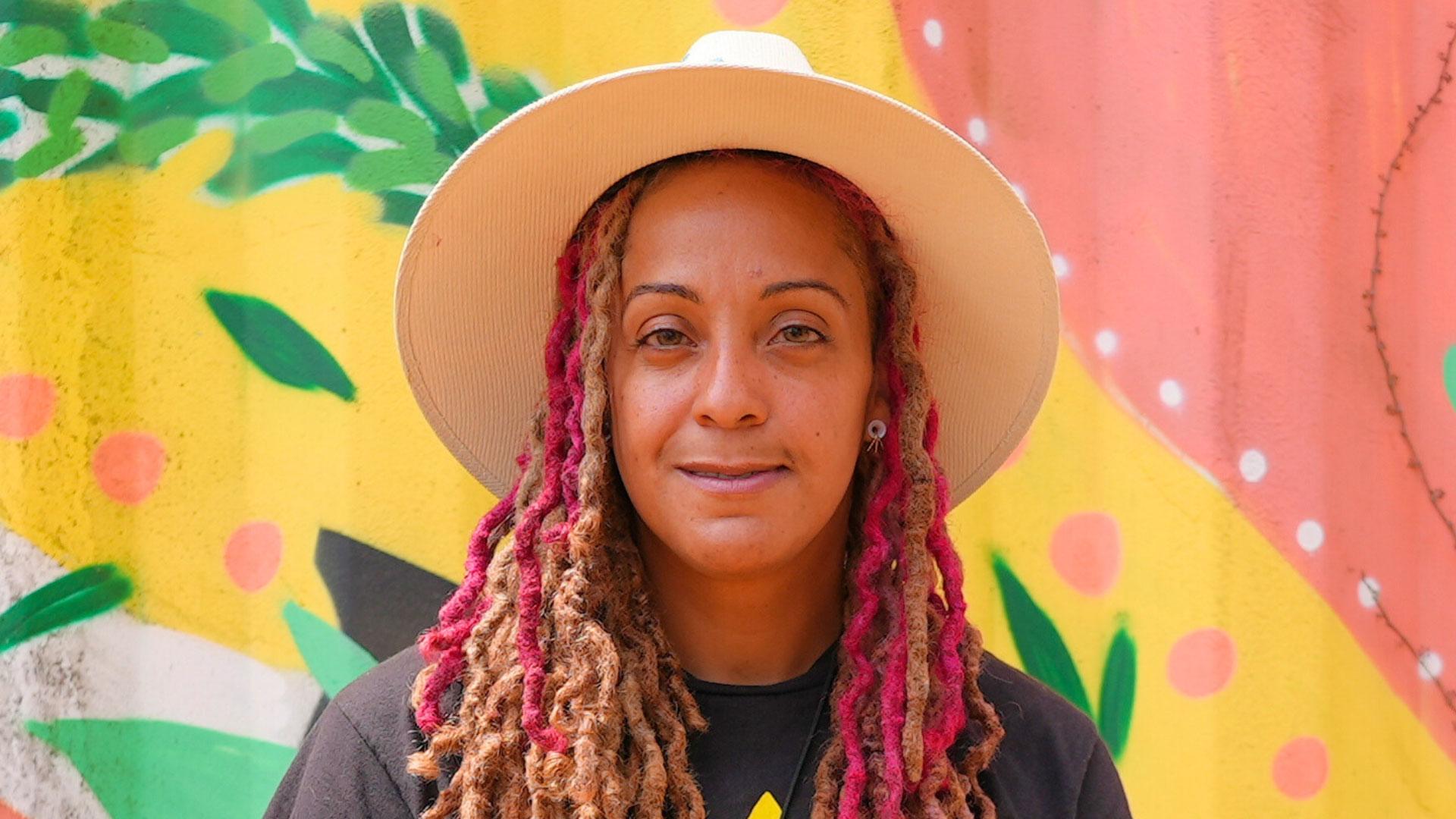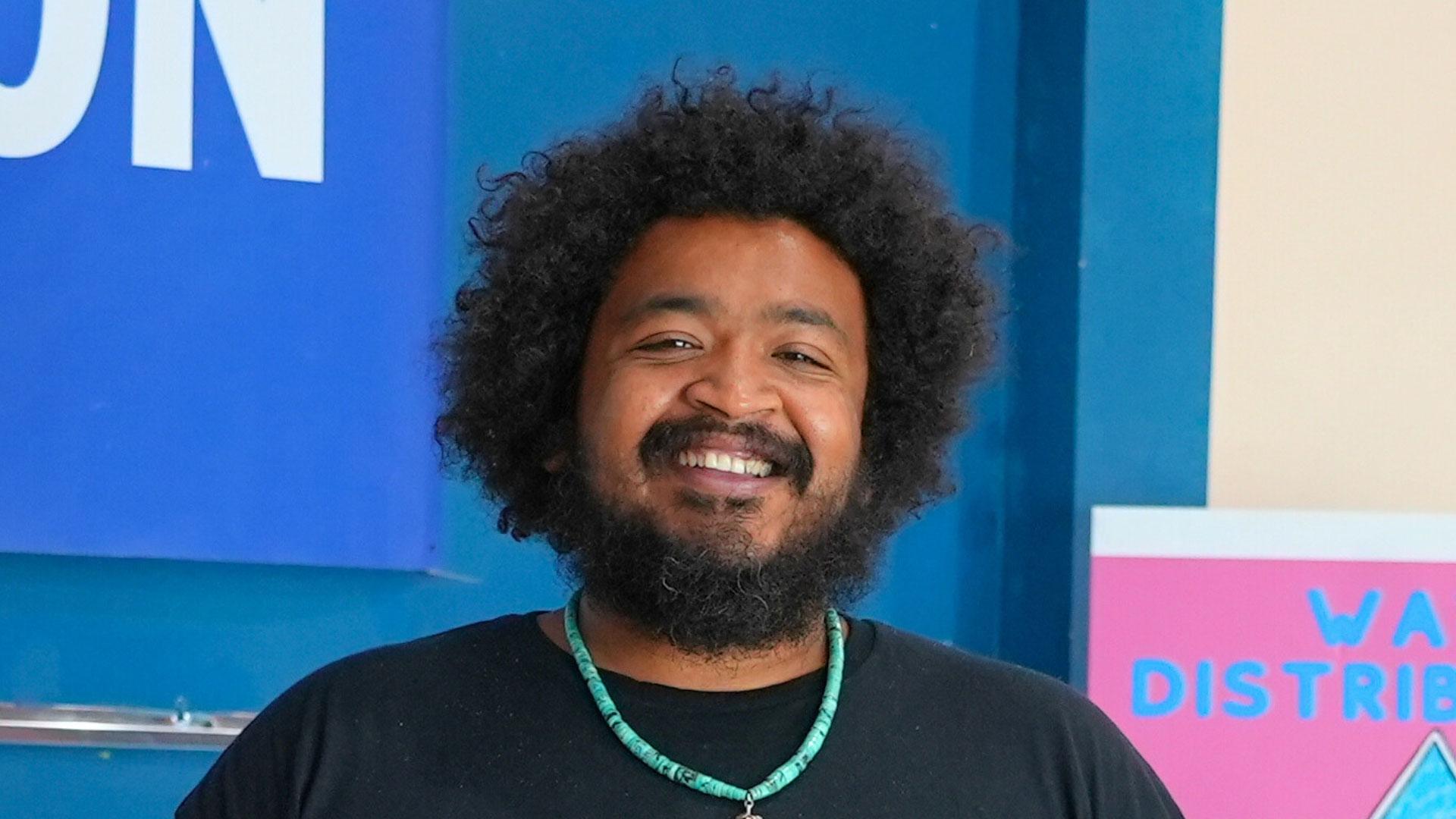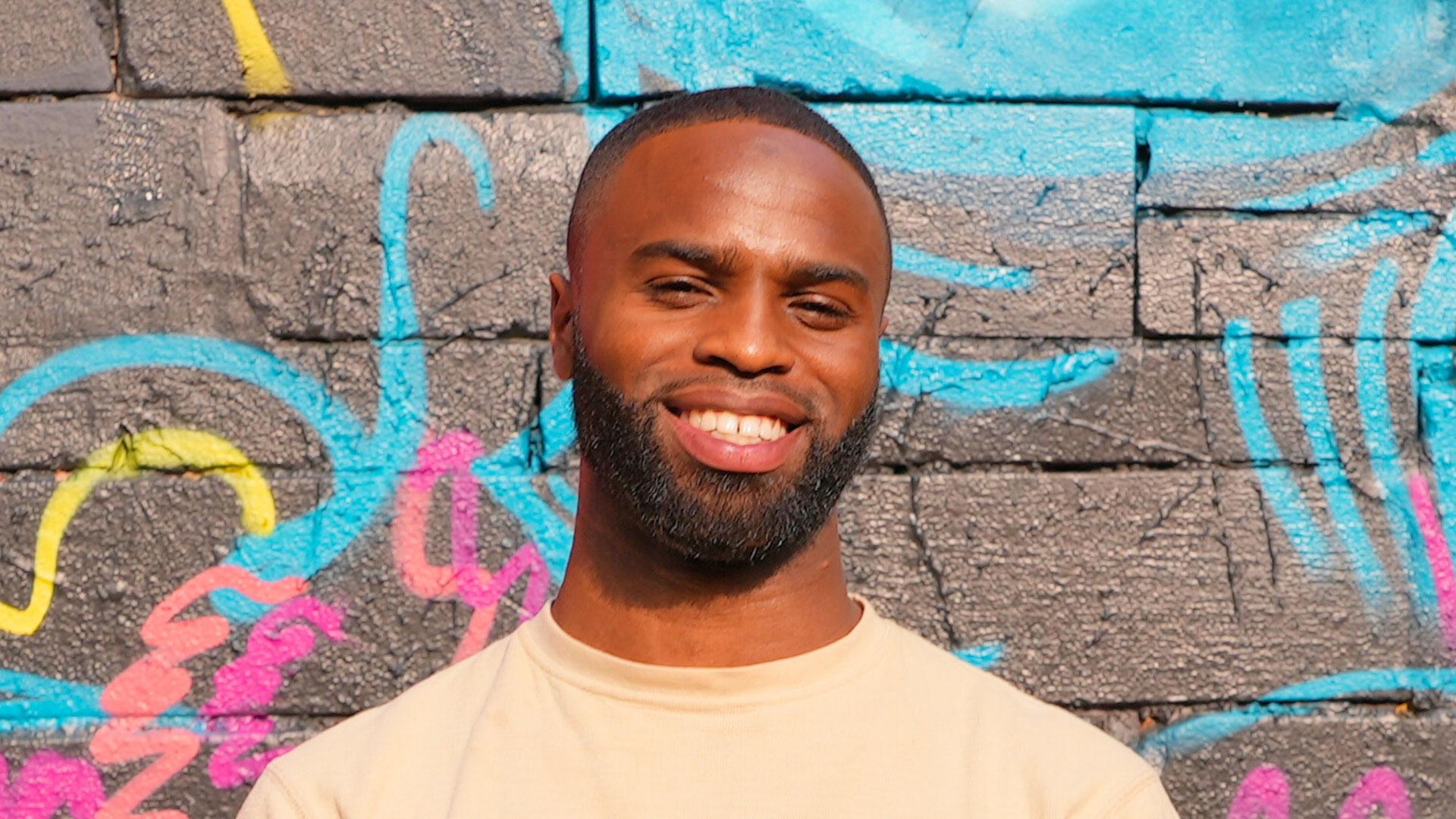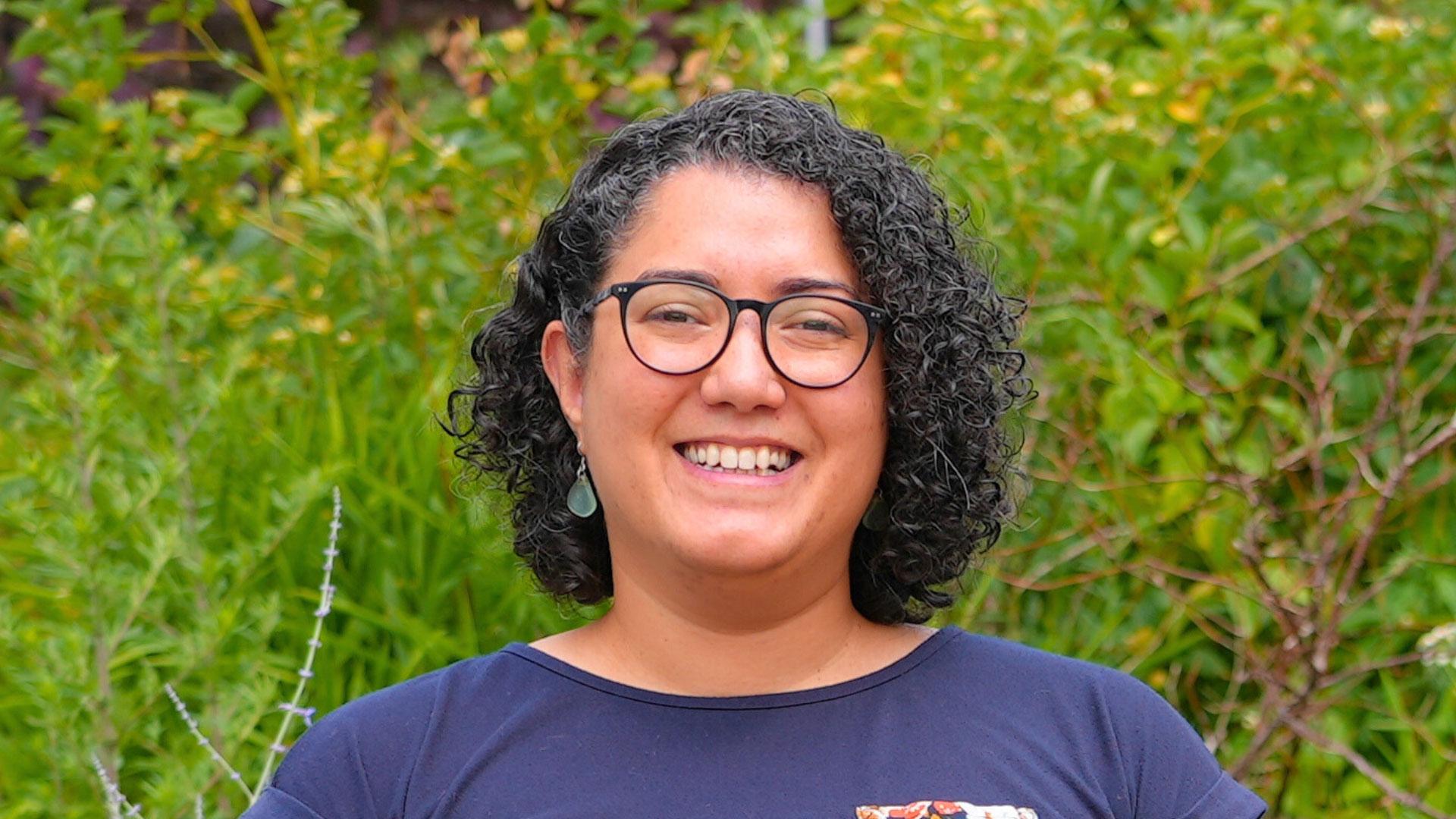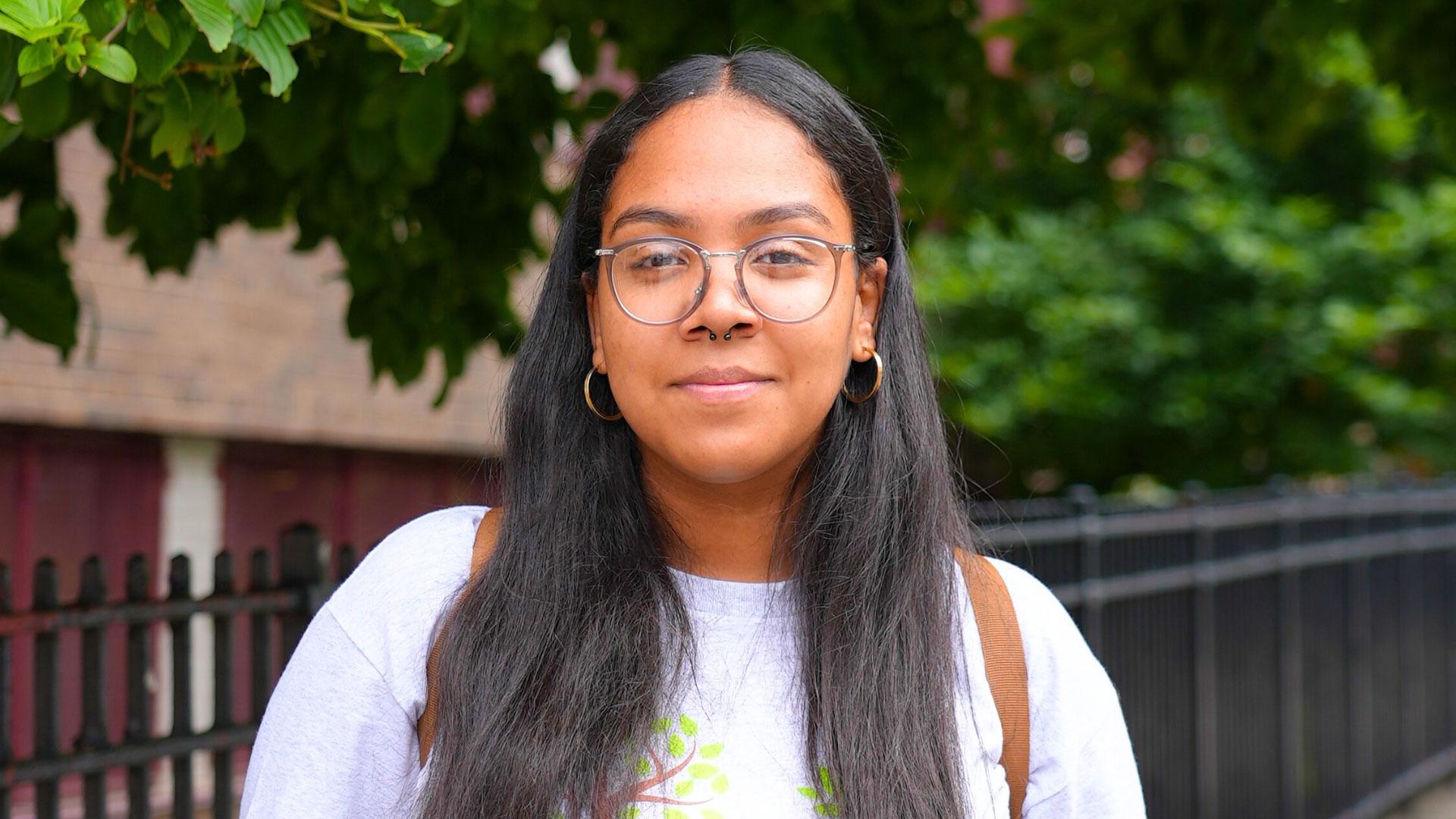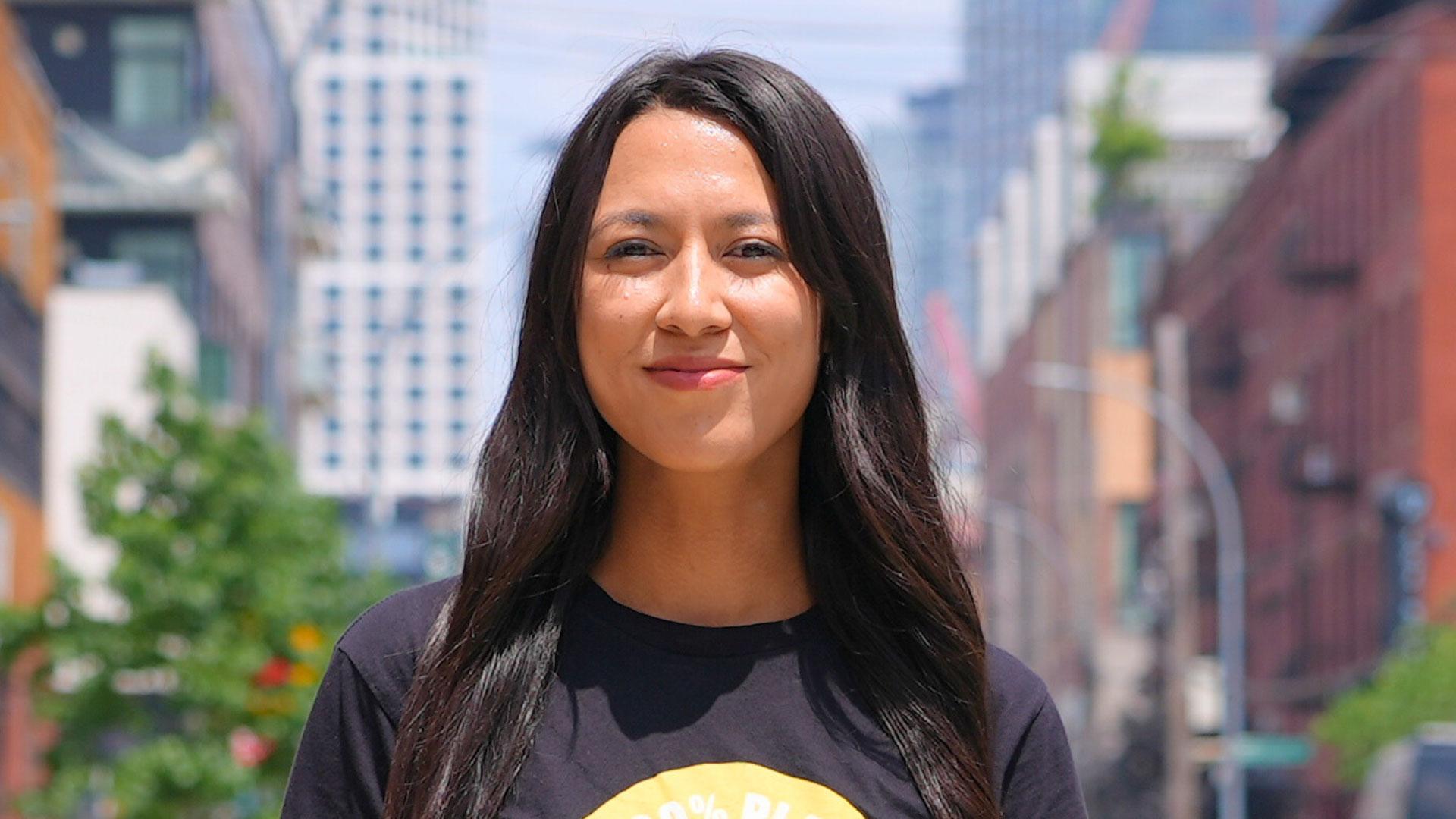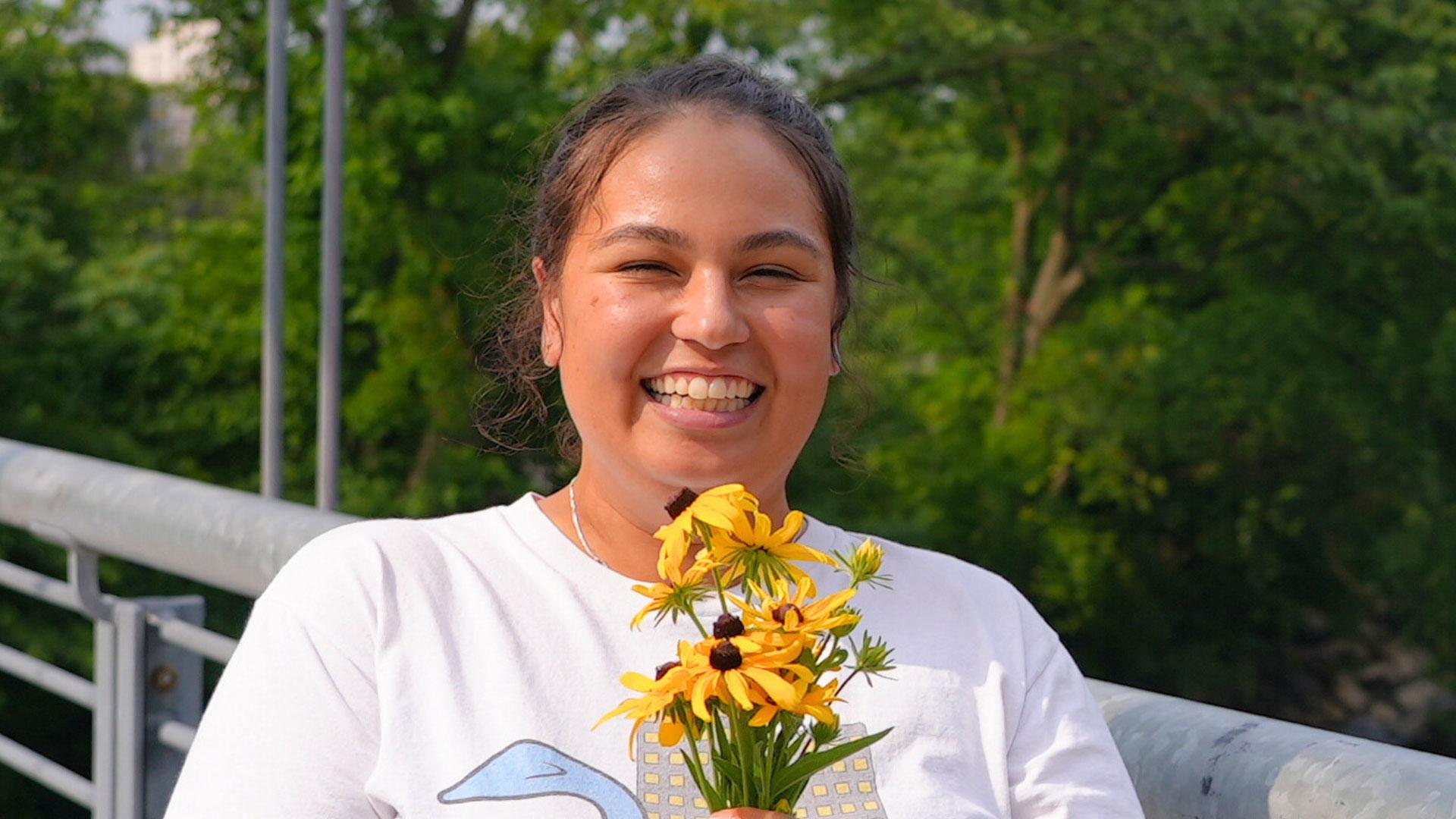Doreen Abubakar: Using Your Authentic Voice To Create Change
In this Episode
Doreen’s Story
In the 1990s, Doreen Abubakar’s inner city neighborhood, Newhallville, was known as a “hotspot” labeled by local and federal government and police as an area with high crime activity. Walking in the neighborhood one day, Doreen saw an open area. She had a vision for a green space that could house services to revitalize and increase opportunities for community members, including a community center, playgrounds, library, gardens, medical institution, farmers market, bike repair services, and social and essential needs services. Following her vision, she founded the Community Placemaking Engagement Network (CPEN) to invest in the community through four organizational pillars: education, entrepreneurship, environmental education, and health and wellness. Now, because of the positive improvements in the physical and social infrastructure that have resulted in Newhallville, Doreen is working to replicate similar green spaces in other underserved communities.
Discussion Questions
One of the most important things you can do regarding climate change is talk about it.
- In high school, Doreen joined an immersive trip hiking and canoeing in the wilderness of the Appalachian Mountains. During this adventure, Doreen became ill but wanted to endure to finish the journey. She explains that despite this challenge, “nothing could take the place of what I saw from the water, being in that canoe and seeing the landscape, of the mountain, and the crisp water…is something that I experienced. And as an African American, growing up in the city, I can say, ‘I did that.’” Doreen says that exposure to natural spaces is essential for young people to see possibilities and opportunities for their future. Do you have access to wilderness? How might you increase your access or opportunity to experience nature? Is this an experience that you would be excited by or would it be outside of your comfort zone? What might increased exposure to the natural environment reveal to you?
- Doreen calls herself an “Urban Environmentalist” because of her role as a conduit connecting minorities and inner city people to nature. Doreen says there have been barriers “being a minority-led non-profit…there are some underlying challenges. Basically, people not taking me seriously being a grassroots organization. But I think the impact that I have is huge.” She says, “If somebody tells me ‘no,’…you’re going to see me come through the back door.” How has Doreen’s determination to follow her dreams, despite challenges, served both her and her community well? What can you learn from Doreen’s persistence, and what might be possible if you applied that determination to your life today?
- One of Doreen’s climate superpowers is seeing through the darkness and struggles that we might face to envision and imagine what can be. Doreen says that nurturing is another superpower, which allows her to encourage other people in their visions, too. How might imagination help us envision a better world? Take a moment to imagine what a better world would look like to you; what would you see and feel? Who would be there? Take a moment to write down or draw the vision that you imagine.
- Climate literacy is being able to understand, decipher, and communicate about climate change meaningfully, and it is a tool that Doreen utilizes to educate and engage community members. Doreen explains that when she asks people about climate change, she gets different answers and responses depending on who she is talking with. Often, there is a disconnect between the scale of the problem and people seeing themselves, their local community, and their ability to facilitate solutions. Doreen shares that our work must be more than a declaration. When speaking about the Black Lives Matter Movement (BLM), she asks for consideration: “Those who wanted to declare this, what policies have you changed, what doors have you opened…what training have you made available for your people? And most of all, when do you allow me to tell you my story?” If Doreen asked you, how would you describe what climate change is? What would meaningful engagement to create positive change in your local community look like? What is the difference in your responses? How might you go past making a declaration to being part of solutions?
Learn More
Learn about the solutions in this story.
- Sector: Food, Agriculture, & Land Use; Transportation
- Climate Solutions Cluster: Shift Agriculture Practices; Shift to Alternatives
- For more on all of Project Drawdown’s climate solutions, visit drawdown.org/solutions
- Learn more about Doreen’s work at Community Placemaking Engagement Network (CPEN)
Explore Climate Solutions 101, the world's first major educational effort focused solely on climate solutions. This video series combines Project Drawdown’s trusted resources with the expertise of inspiring, scientifically knowledgeable voices from around the world: drawdown.org/climate-solutions-101.
Check out the Drawdown Roadmap, a science-based strategy for accelerating climate solutions that ensures efforts to stop climate change by governments, businesses, investors, philanthropists, community organizations, and others are as impactful as possible.
Visit the Yale Program on Climate Change Communication, a resource that shares research, communications strategy, and opinion polling on climate communications.
Take Action
- Subscribe to the Project Drawdown newsletter to receive biweekly insights and inspiration to guide your own climate solutions journey.
- Drawdown Ecochallenge, presented by Ecochallenge.org, is a fun and social way to take measurable action on the top climate solutions. Take the challenge, and see how a few weeks of action add up to a lifetime of change for you and the planet. If you want to take action on climate solutions like Doreen, start a challenge today.
- The Drawdown Labs Job Function Action Guides are practical resources that highlight specific, high-impact climate actions employees in common corporate professions can take at work.
- ChangeX connects people with proven ideas for strengthening communities with the resources needed to implement those changes. Explore countless ways to improve your community and help the world reach drawdown.
- Climate Generation's Green Careers for a Changing Climate Instructional Supplement (for Grades 6-8) contains resources to help young people learn about Green STEM Careers—paths that use STEM skills to help reduce the impacts of climate change. Throughout this instructional supplement, students use Project Drawdown resources to make important connections between climate solutions and different careers.
- Solutions Journalism Network highlights the importance of reporting stories of climate solutions in the media to create a more equitable and sustainable world. Visit their Teaching Climate Solutions resource to find curated collections and the latest examples of climate solutions journalism.
- SubjectToClimate (StC) is a nonprofit online connector for K-12 leaders of all subjects to find materials on climate change at no cost. Explore StC’s educator-generated database to connect to Project Drawdown-based climate education resources.
Sign up to receive updates, provide ideas, and tell us how you might share Drawdown’s Neighborhood in your community.


